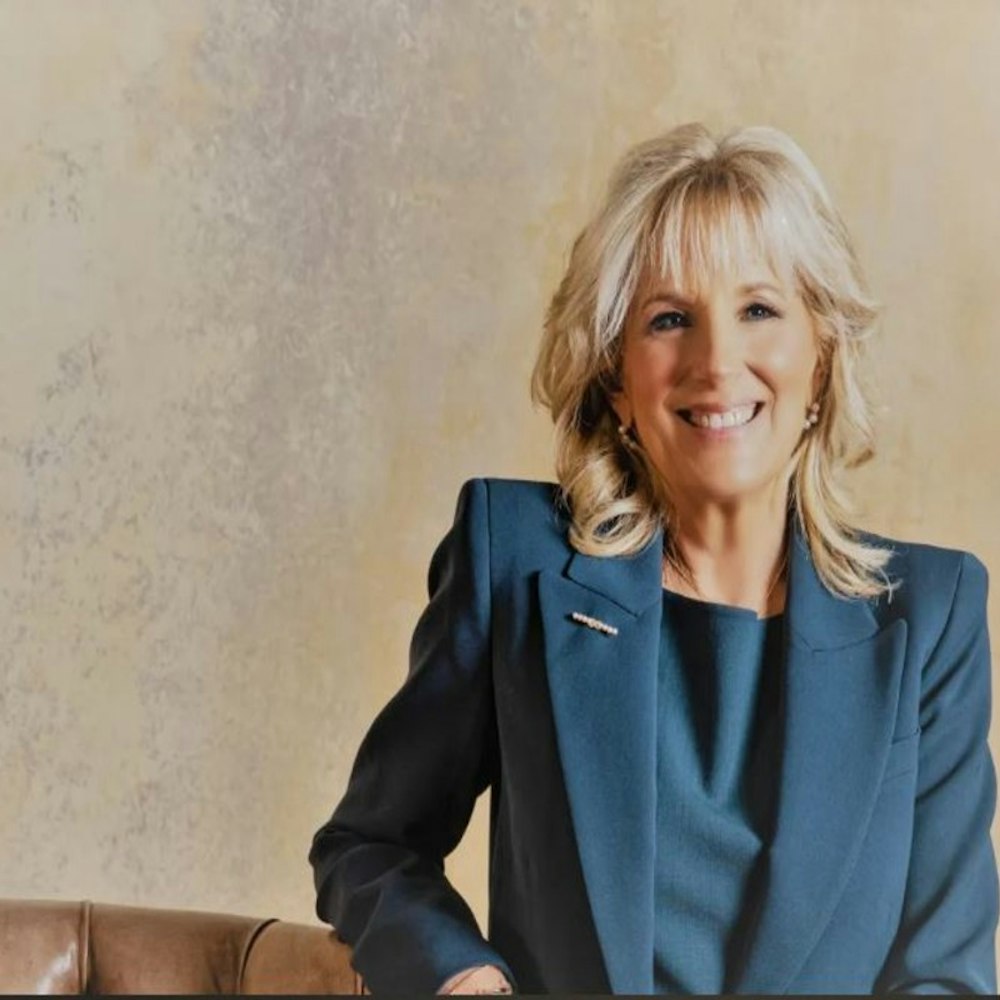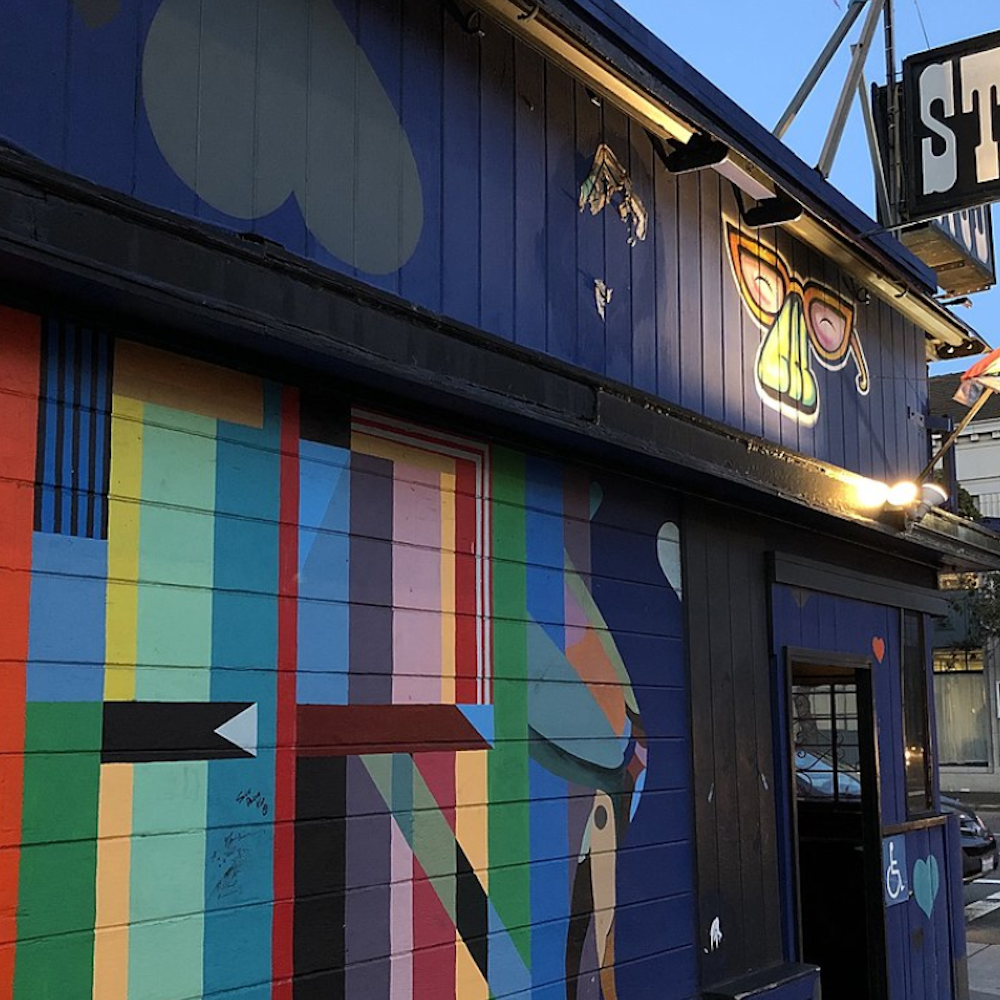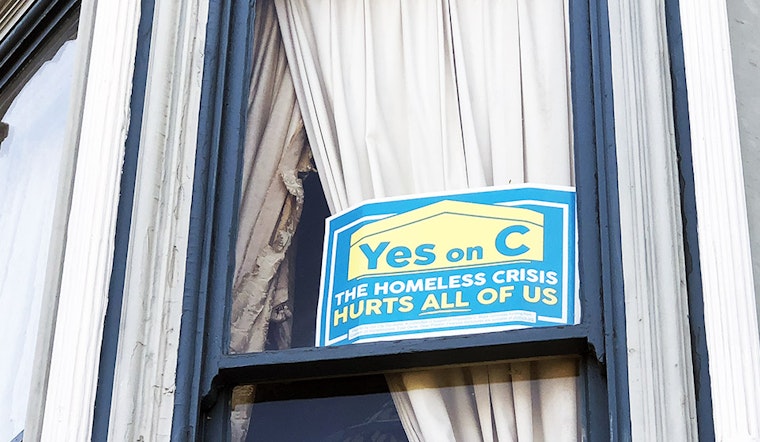
If it passes on Tuesday, the Proposition C ballot measure to fight homelessness in San Francisco wouldn't tax small businesses. Instead, it would impose an average of a half-percent in gross receipts tax on corporate revenues of over $50 million, affecting only the 400 or so largest companies in San Francisco.
Opponents, including the SF Chamber of Commerce, have argued that the tax would put a damper on job creation and business growth in the city. But many of San Francisco's most recognizable small businesses are still campaigning hard to ensure passage of the measure, which would be used to create 4,000 affordable homes for the lowest-income San Franciscans, more than the city has built in 30 years.
Their ranks include popular grocer Bi-Rite Market, which recently debuted a new cafe in Civic Center, at the epicenter of the city's homelessness problem.
"Homelessness is our city’s most urgent humanitarian crisis and we need a solution," Sarah Holt, Bi-Rite's director of marketing and community, told Hoodline.
Rick Karp, who owns five Cole Hardware locations around the city, said he also supports the measure, arguing that homelessness is a humanitarian crisis that should not exist in our country at all.
"While San Francisco will not resolve this alone, I feel we need to do whatever we can to inject funds and creative energy into a path that may result in significant progress," he noted, citing the negative impact on neighborhood business districts as one of the reasons to act.
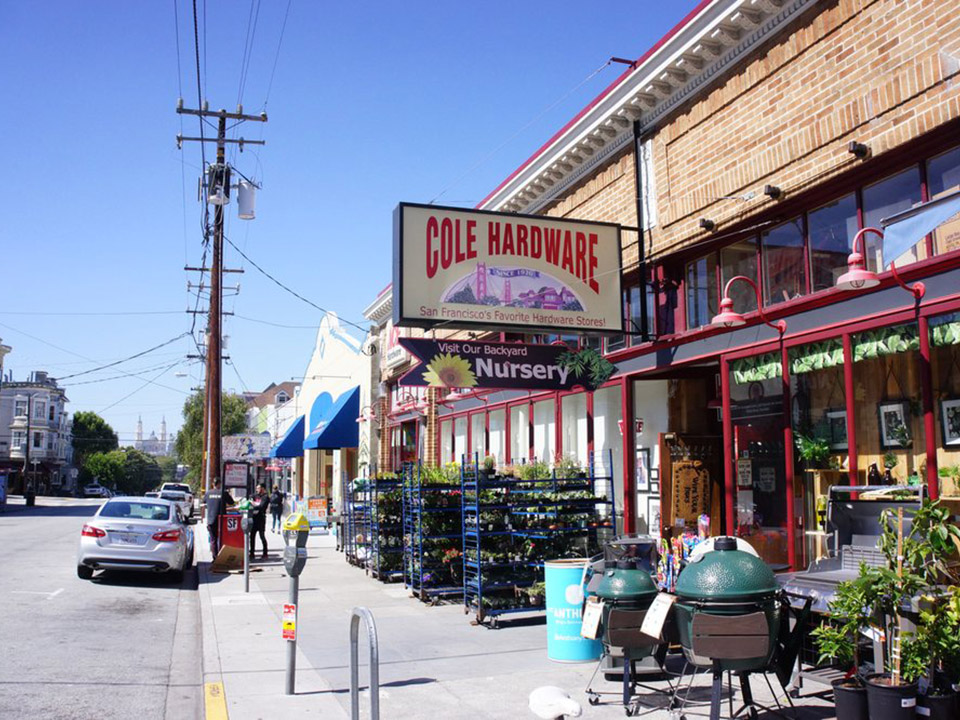
If passed, Prop C would also create rental subsidies for lower-income and disabled residents; 1,075 new shelter beds; mental health and substance abuse programs; new public restrooms; and the chance to hire additional public service workers to help clean the streets.
Several city supervisors support the measure, citing a recent study by San Francisco's chief economist, Ted Egan, that concludes the initiative would have a negligible impact on jobs.
But it also has some strong opposition in the political realm, with Mayor London Breed, State Sen. Scott Wiener and Assemblymember David Chiu all opposed to the measure.
Karp said that while he supports Mayor Breed "wholeheartedly," he still believes the measure is necessary.
"If it passes, I am certain [Breed] will be grateful for the funds and will work creatively to put them to good use," he said.
Not all small business owners are supporting Prop C. Gwen Kaplan, founder of the Mission's Ace Mailing, has a background as a social worker. But while she frequently deals with trash, needles, open drug use and people camping in front of her business, she's not convinced that more spending on services will bring an improvement.
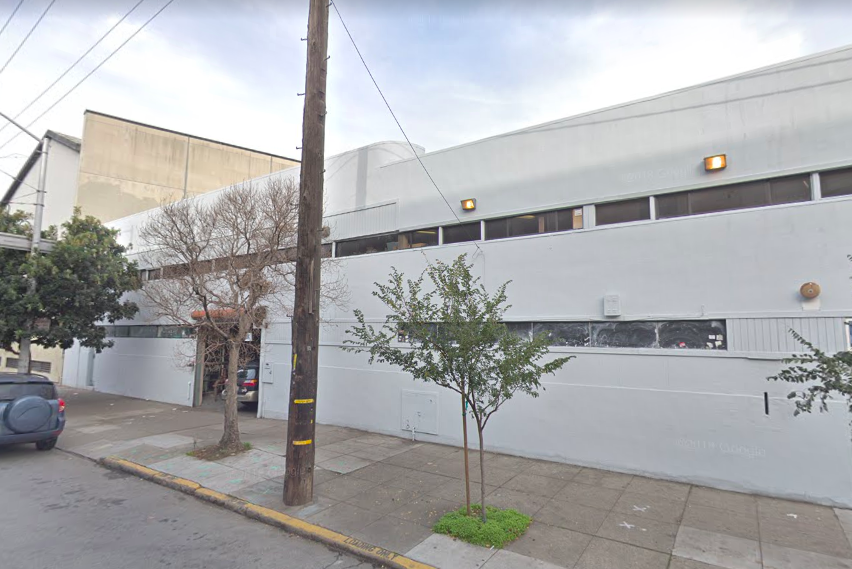
Kaplan also said she fears the loss of middle-class jobs if big businesses move out of the city due to the higher taxes, noting that small businesses like hers depend on their and their employees' spending.
The former owner of Polk Street's Brownie's Hardware, Stephen Cornell, expressed similar sentiments, noting that he opposes taxes where the model proposes that someone else should pay them.
"Why say the other guy has to pay for it?" he asked.
Christin Evans, owner of the Upper Haight trio of The Booksmith, The Bindery and Alembic, doesn't agree. A supporter of Prop C since the beginning, she's been credited with helping to change the perspective of Salesforce founder Marc Benioff, who's plowed millions of dollars into a campaign to support the measure — even though his company will be taxed heavily if it passes.
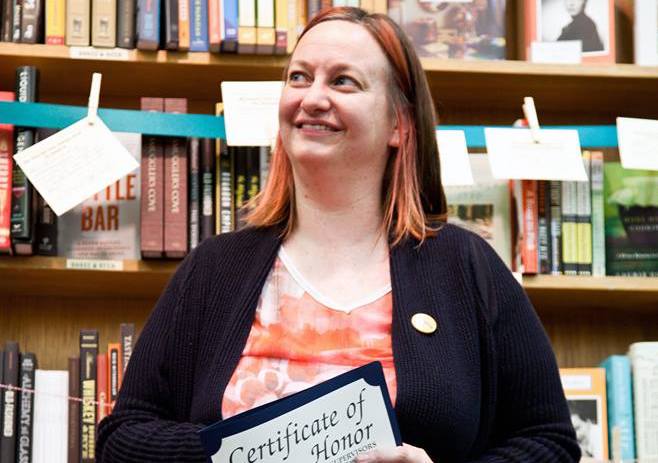
As a business owner, Evans said she has to deal directly with the consequences of an underfunded system. She and her employees must often manage difficult interactions with mentally ill people living on the streets or sleeping in the doorways of her businesses.
To help, she leans on city outreach workers who can connect homeless individuals to services. But they're doing "heroic work with very few financial resources," she said.
Cole Hardware's Karp also cited the burden on his staff. "There are countless issues our staff deals with daily: shoplifting and burglaries, urine and defecation issues, threatening confrontations, needles from drug use, smashed windows ... the list goes on and on."
More funding to help end homelessness "is beneficial for everyone in San Francisco," he said.


